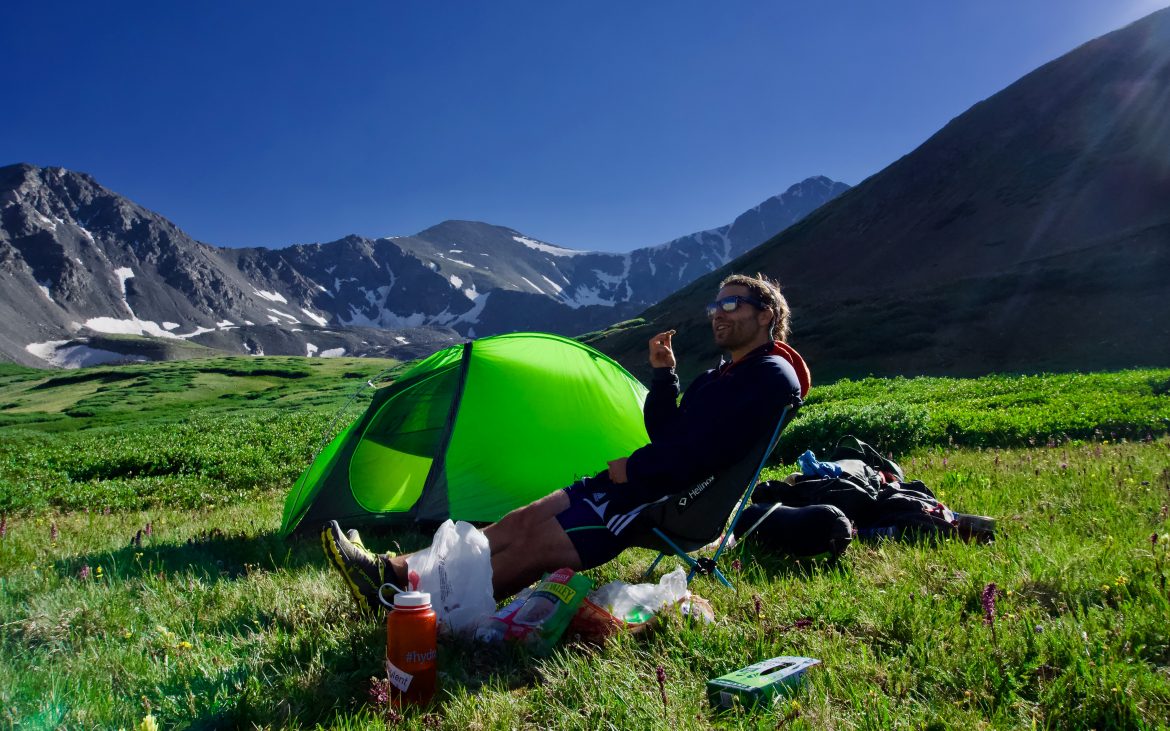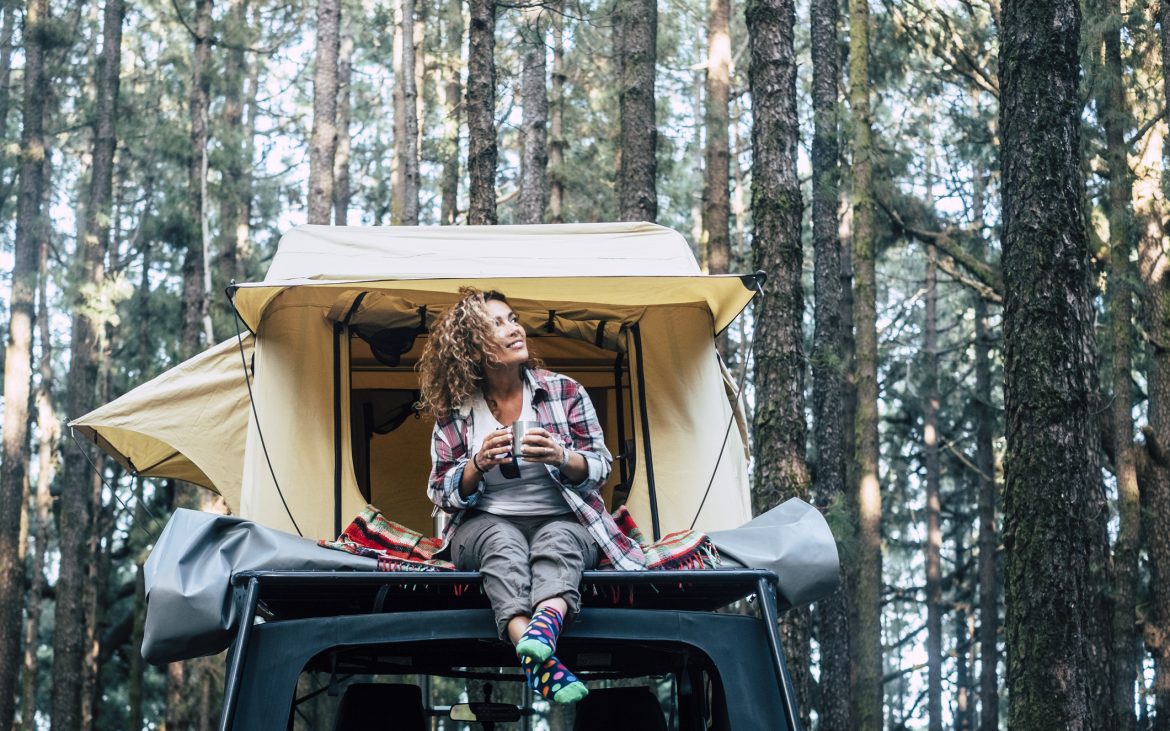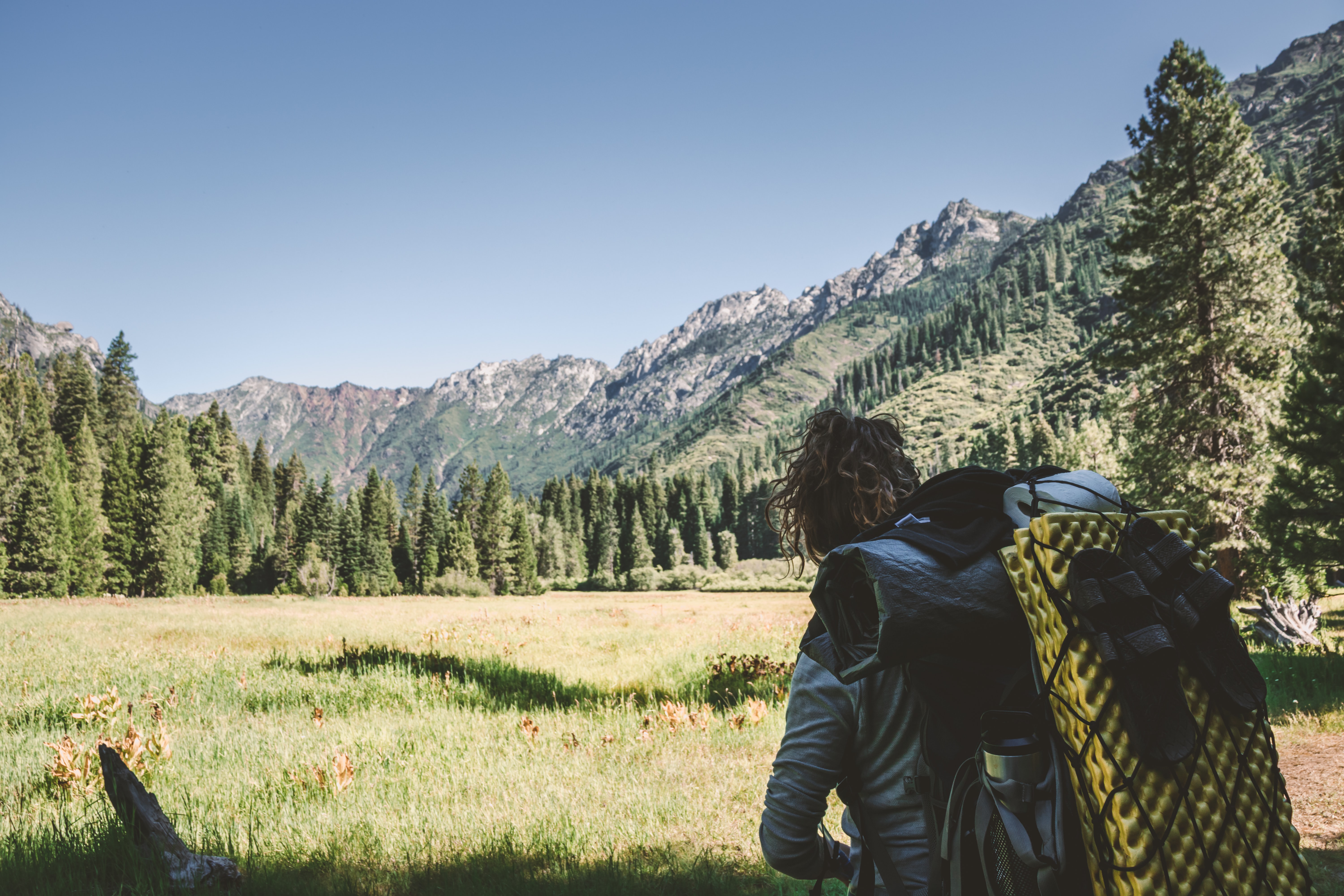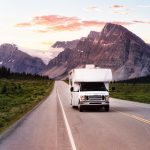If you’re reading this, you’ve probably gone on a camping trip with some of your friends or family, if not several. It’s always fun to go as a group, but if you’ve ever tried camping solo, then it’ll change quite a lot. Solitary camping is a truly unique experience that can be quite enjoyable. Whatever the reason may be, whether it be to embrace the peace and quiet of nature, to escape the hustle and bustle of the city, or perhaps your friends canceled last minute, these solo camping tips will make your trip the most memorable and enjoyable experience yet!
Pre-camping Prep
Want to be adventurous and climb up and hike? Or maybe you’d like to relax and unwind, just hanging out eating s’mores in front of the campfire instead. Whichever it is, planning out your entire camping trip is essential for a solo camper.
- Choose a campsite carefully. This is always the first step for any camping trip, and this becomes even more important when camping solo. If you will be alone, it is highly recommended that you choose a campsite that is safe and secure for this reason. You should choose one that has a ranger whom you can contact at any time. You may love the quiet, but too much isolation can be too risky at times. Have someone you can call for help, but don’t be too exposed as you never know who you might run into. Be alert at all times.
- Reach out to the office as soon as possible. Whether you’re staying at a private campground or ranger station, always contact them and let them know that you’ll be camping solo. Being extra careful wouldn’t hurt.
- Research the location online. This is important in case there are any permits needed to go solo camping. Most of the campgrounds or state and federal parks require reservations, and some must even be acquired up to three months in advance. These must be taken care of before you go.
Prepare for Potential Hazards

Photo Credit: Unsplash, Matt Gross
When you go solo camping, your safety should always be the utmost priority. People may even discourage you from going solo because it can be quite dangerous if you are not careful or as prepared as can be. You have no one to rely on if a life-threatening incident occurs. When alone in a secluded area, a “normal” incident can become life-threatening. Anything can happen, and it can possibly be avoided or mitigated if you are ready for such situations.
- Bring the important gear. A tent and a sleeping bag are always must-haves when camping. It doesn’t need to be the most expensive one, but be sure to bring one of the highest quality. Weight is definitely crucial, but when hiking alone, it can be quite hard to carry as no one can share the burden. Bring the one that feels right and makes life easier and safer for you.
- Bring a First Aid kit at all times. Whether it be for an illness or an injury, having a First Aid kit handy can save you any time. You should know what medications you’ll need, but bring others that you think might be useful. You should also take the most practical precautions in avoiding any hazardous situation that can occur.
- Beware of dangerous animals. These aren’t just big, wild predators like bears or slimy snakes, but you should also be cautious about flies, mosquitoes, and other bugs that may be disease-carriers.
- Have a contact person. Other people may think this tip is useless, but this step is crucial. Share your camping route with this person so that in the event of an emergency, he or she will know where you could potentially be. He or she could also report to the authorities for backup in case.
Ready for camping

Photo Credit: Getty Images, simonapilolla
- Plan your sources of food. When camping alone, this is the most essential. Ensure that you’ve prepared for all your meals. You can bring pre-cooked meals or bring a portable pot to build a campfire and heat them whenever possible.
- Check the weather. You can camp in every type of weather, but knowing it in advance could help you pack what is most essential for your solo camping trip. This could be the type of tent you’ll bring, to the clothes you’ll be wearing, or even what you can eat.
- Mentally prepare yourself. This may not be much of a problem for long-time campers, but for first-time solo campers, this is very important. A solo camper must be confident enough to tread such a risky trip. Keeping calm in dangerous and scary situations is relevant for every solo trip. Such a mindset can make or break a trip, and keeping positive in every condition should be a goal for all.




